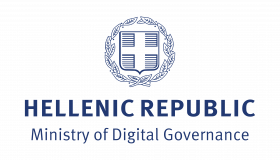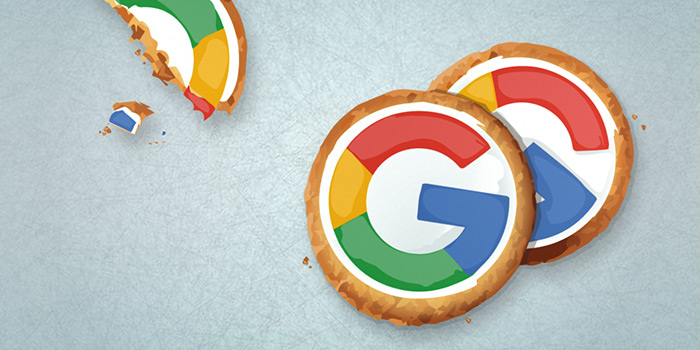End in the user track announced that will put Google through cookies. Now when you browse and visit a website you will not see any message asking you to enable cookies. This may sound like a relief to someone, but it does not mean that “big brother” (Google) will not stop using first-party information as this information is collected directly by users when they visit sites and services controlled by the company. If you think that along with cookies, Google Ads also is coming to an end, the company dissolves any doubt and states that they will continue as they are and will not stop the operation of machines for identifying devices and advertisement. On contrary, the company reports about Google Ads, that it is looking for an even smarter way to keep its ecosystem alive.
Cookies were an invention of developer Lou Montulli in 1994. In their absence, “every time a user clicked to move to a different page, they would simply become another random user with no way of associating them with an action they had taken a few minutes before.” In other words, we would not have web-tracking. Cookies have opened the possibility for browsers to “know” and “remember” their users. It is the basic tool spread on the web for marketing purposes. In the “commercial web”, cookies helped to create a universe where privacy was easily violated, allowing ads to appear on thousands of products on the homepage. However, recent developments in the industry have led to the end of cookies. Customers have spent years assembling applications on mobile devices that do not allow cookies to be tracked as efficiently as desktops. Google Chrome browser, for example, is well on its way to blocking these third-party cookies. Apple’s Safari Browser blocked cookies a little earlier.
Google marketers have been preparing for this for several years now. They have developed alternative ways to track people browsing the web. In addition, the search giant has created digital tools as part of a “privacy environment” that serves ads targeting groups of like-minded people. Therefore, the end of cookies means that they will not follow us on the web. There is no longer a way to have an “interactive tour” without agreeing to certain terms.
All we have to wait for are the developments and their replacement.
[Gizchina]






